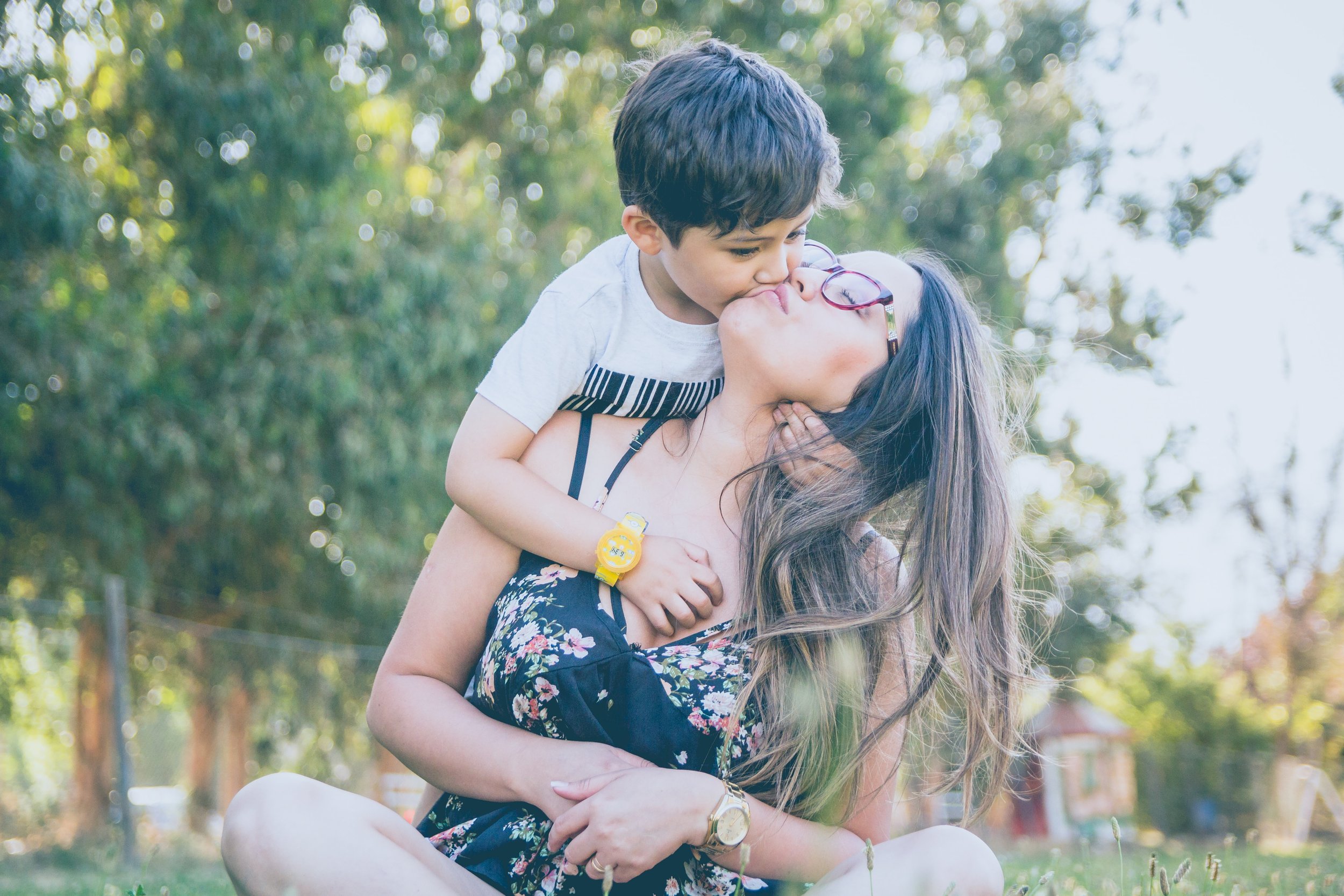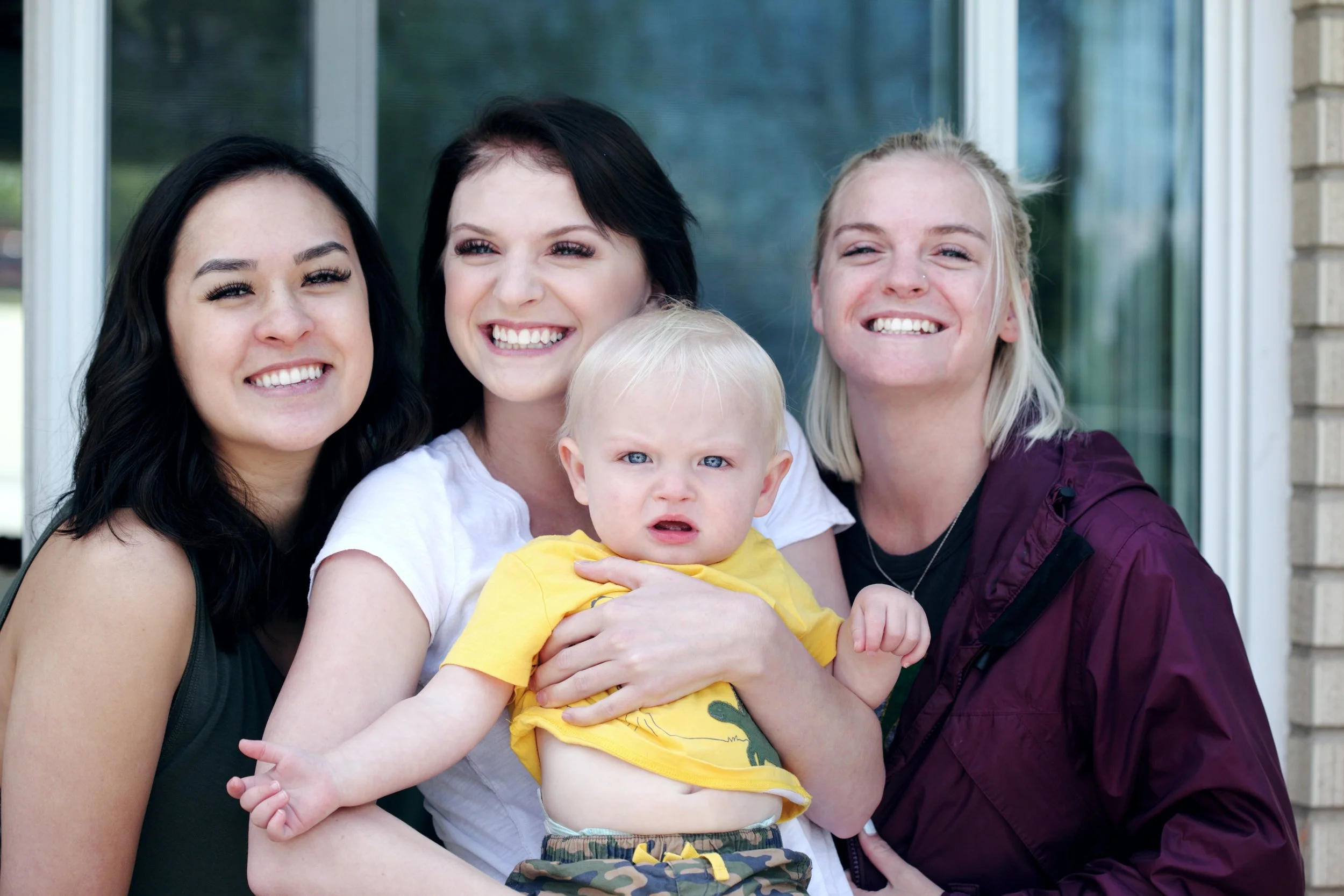The Secret to Your 2-Year-Old's Heart (and gaining their cooperation)
The terrible twos have arrived and everyone's got great advice on managing the toddler years but where are they mid-afternoon when nap time didn't happen and, according to your cherubic child, the cheerios are too loud?
Take a timeout with me, mama, and let's talk it out. Being the parent of a two-year-old is tricky. It's about balancing teaching them fundamentals and their growing need for freedom. In today’s blog, we’ll balance how can we help your child's development and overcome their frustration with their parents.
Yep, you read that right. Your toddler is likely just as frustrated with you as you're feeling with them—but there's hope!
Before you begin, remember that our professionals are always here to help
Troublemaking, toileting, technology: the scary trifecta for toddler parents
Many of the sticky spots in parenting toddlers just happen to start with a T and hey, at least the alliteration is on point even if you’re ready to tear your hair out trying to find harmony at home. So what's normal behavior and how much of this is part of your child's development?
Troublemaking
We all know toddlers as troublemakers—managing mischief in inventive ways. But toddlers, for the most part, don’t intend to cause trouble. As toddlers learn impulse control and begin to make sense of their agency, this can result in some mishaps and boundary pushing.
These can often feel intentionally chaotic and no matter how well you know otherwise, it can make for some tense moments when you’re tired or just completely perplexed about why they’ve brushed their hair with peanut butter again.
Toileting
Toilet training is the perfect place for your toddler to begin to explore their sense of independence. Personal hygiene and body awareness begin to emerge within their skillset but it’s certainly not an infallible experience. Toileting can be a bit hit or miss, causing messes, frustration, and confusion for everyone.
And if your little one is a bit behind the curve you anticipated, try not to make it a big deal. The average age of potty learning actually spans about 2 and half years so it’s unlikely they’re actually late on this developmental milestone. Continue to remind them—and yourself—to be aware and patient as things progress at your child’s pace.
Technology
Even if bathroom habits aren’t at the top of your daily thoughts, likely, technology ranks up there. How much screen time is too much? Your child's pediatrician and your friends may give you conflicting information because peer-reviewed studies reveal there’s no clear answer.
Digital readiness is an important emerging skill and with the neuroplasticity of toddlerhood, it’s one your child can absorb with little to no frustration if you begin now. The benefit of digital fluency for your toddler (and maybe a chance for a cup of tea for you) aren’t without drawbacks though.
Digital media is exciting and, for a toddler who struggles with transitions and is finding their voice to express their preferences, maybe the cause of some truly inspired shows of opinion when you set limits on their access.
Inside your two-year-old’s world
Toddlers enjoy discovering their world. From how something like an object feels when it hits the ground to how dirt tastes when they spit it out, they try everything they can.
Keep your toddler curious by meeting them at their level as often as you can. Explore the world through their eyes and offer explanations in the simplest, most open manner possible.
When possible, take a break from saying no. Every time you make space for something your child can do instead of limiting what they cannot, it opens the door to more possibilities and fewer tantrums.
This is not without difficulty. In this age of "I do it myself", you know it would be faster if you just handled it instead of letting them figure it out. Resist that urge. This is one of the positive parenting tips that benefits from exploring your own curiosity.
Ask yourself why you're saying no and what it is you need to accomplish before you respond. If there is space for you to offer your toddler an alternative task, try doing that in place of a firm denial. Make toys, games, and self-care tasks accessible in safe ways to give your two-year-old a sense of independence.
Parenting without shouting
Positive parenting and re-establishing your own limits introduce new challenges in toddlerhood. No one wants to yell at their toddlers, but when it happens, it’s what you do next that can make the most difference. The truth is yelling is harmful to adults and children. There’s no space to justify the loss of control and, oftentimes, those reassurances and platitudes can just make us feel worse.
Instead, take the time you need to regain your composure, and when you can do so safely, help your toddler to do the same. Once everyone is calm, apologize to your toddler without making excuses for what’s happened.
Explain in simple, clear terms what you’re apologizing for, and give your little one the time to absorb the apology and ask questions if they choose to. Let mama’s misadventures with big emotions be a teaching moment for your toddler to understand the situation. It may help them navigate those overwhelming emotions of their own in the future.
Toddler-mommin’ is busy, chaotic, and absolutely beautiful. If you come to a spot along your journey where the tides feel particularly tough, reach out for a lifeline. Whether you choose a friend, your partner, or a licensed professional to offer support, knowing when it’s time to reach out is the most powerful tool you have for keeping yourself and your little one safe in daily life.
We won’t tell you to cherish these days, but we want to remind you that they will end (and maybe even sooner than you think). Hang tight, mama. To your little one’s neck and your patience. You can do this.



